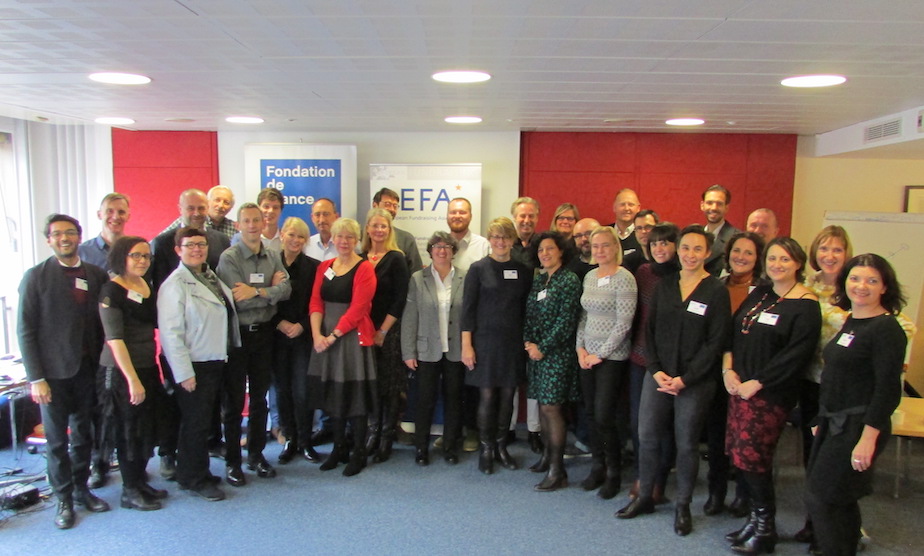
New managing director for German Fundraising Association
December 5, 2018
Highlights from EFA Skillshare 2018
December 5, 2018EFA has today published a summary report of the national tax incentives in place to support and promote philanthropy in sixteen nations across Europe.
The large majority of nations included in this study offer general tax incentives to promote individual philanthropy, with the notable exceptions of Sweden and Finland. A limited scheme is available in the latter, but this only applies on gifts to select science or arts universities.
Gosse Bosma, president of EFA, says:
“Tax incentives can have a major impact on charitable giving and the overarching culture of philanthropy within a nation. It’s not just a case of any tax relief being a financial incentive but providing a strong and coherent message that the Government recognises the key role of charities and non-profits in civil society, encouraging the public to donate.
“While tax incentives to encourage charitable giving are available in most nations, there is a huge amount of variance in terms of the type of incentive available, how it is allocated and any restrictions that apply. Unfortunately, fiscal incentives aren’t available across all our member nations and we are keen to help those nations in lobbying for a more supportive philanthropic in the future.”
Pia Tornikoski, Secretary General of VaLa – the Finnish fundraising association, adds:
“We hope that in the future the current tax system will be extended to cover broader mainstream causes like social and health sector and international aid, which are the most popular causes among the nation’s donors. Then the tax system could really support the growth of philanthropy in Finland.”
Of those nations that do offer tax breaks on charitable giving (Austria, Belgium, Czech Republic, France, Germany, Ireland, Italy, Netherlands, Norway, Slovakia, Slovenia, Spain, Switzerland and the UK), the inclusivity and generosity of those incentives are wide-ranging.
In Austria, tax incentives are currently restricted to just a few causes (predominantly fire brigades, donations to social causes, science, conservation and the arts). While in Slovenia, although the public can choose from a wide array of charitable causes when giving tax-effectively, they can only allocate 0.5% of their income tax to good causes each year.
In Italy, an assortment of tax incentives is available, depending on the cause or type of charitable organisation donated to.
The UK offers what can be perceived as the most inclusive scheme, with no minimum donation or cap on charitable gifts through Gift Aid and no restriction by cause. However, the tax incentive primarily benefits the charity rather than the supporter (except for corporate donations). A similar scheme exists in Ireland.
All nations in this study offer tax incentives on corporate donations, with the exception of Sweden.
Bosma adds:
“We hope that the report helps to generate a healthy dialogue on a national level about the importance of introducing and strengthening fiscal support for philanthropy. “
EFA has also committed to supporting ECCVAT’s campaign for a more fair VAT framework for charities.




